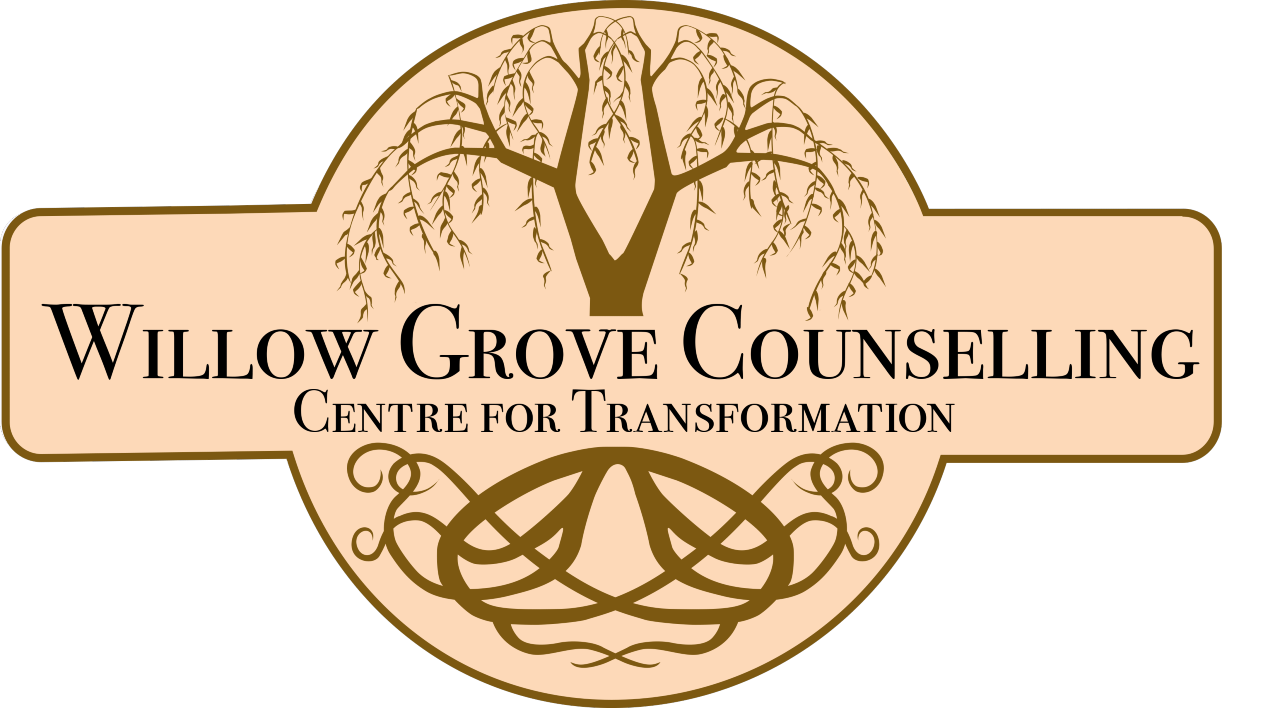What is Trauma
Trauma has become the new buzz word in the world of psychotherapy. Despite this many people are still uncertain what trauma is and when they should seek trauma therapy.
Trauma is defined as an event that occurs, is outside our range of normal experience and overwhelms our ability to cope. In the world of trauma therapy we talk about big-T and small-t traumas but in general we don’t like to compare traumas and use these distinctions to normalize that traumatic events can be seen as big or small but may still effect us similarly.
What types of events constitute traumas?
Many of you might believe that traumas are things like sexual assault and war but traumas can also be things like a loss of employment, workplace violence and harassment, domestic violence, separation and divorce, bullying, bankruptcy, repeated exposure to experiences that threaten our life or safety, arrest by police, involuntary hospitalizations, chronic or acute health concerns, loss of a loved one (animal or person), loss of spirituality, or a loss or change of identity of any kind.
Traumas can be what we call acute or single incident traumas such as car accidents or environmental disasters, chronic as in the case of childhood abuse, narcissistic abuse, or ongoing chronic health concerns, or complex.
Complex trauma occurs when a person or group of people have been subjected to many types of different traumas over time and often involves a combination of surviving chronic traumas like childhood abuse, single incident traumas and oppression of some kind.
Legacy or intergenerational traumas are traumas that have been incurred across generations and can be anything from domestic abuse or substance abuse that has occurred across more than one generation, to coming from a family that survived and even emigrated due to terrorism or war, to being a member of race, gender, ethnicity or religion that has historically faced oppression and violence.
Gabor Maté has become famous for his focus on trauma as a cause for addictive behaviours be they substance abuse, gambling or sex addiction. As a trauma practitioner I have yet to meet a person without a trauma history who is struggling with substance abuse. Being a family member of someone who struggles with substance abuse can also be traumatic and many people who have family members struggling with addiction struggle with trauma symptoms themselves.
Traumatic events tend to evoke reactions over which we have little control and sometimes we may later develop a sense of shame over how we did or did not react to traumatic events we have experienced. The reactions we have to trauma are sometimes referred to as the Fight, Flight, Freeze, Fawn (FFFF) reactions.
During a FFFF reaction the parts of our brain involved in decision making stop working making it feel impossible to think and problem solve in the ways we normally would. It is important for you to know that if you have experienced a trauma and have reacted in a way you don’t understand it is not your fault and at that time you simply could not have reacted differently.
We at Willow Grove Counselling – Centre for Transformation specialize in trauma therapy, are trauma-informed (I’ll explain what that means in a later blog), offer individual, couple and family sessions for trauma survivors and use various approaches including Internal Family Systems (IFS), Cognitive Processing Therapy (CPT) and Eye-Movement Desensitization and Reprocessing therapy (EMDR).
If you or someone you know has experienced trauma please reach out to us or to another practitioner for trauma therapy. You are not alone and there is hope of recovery for each and every one of you.
Stay tuned for more blogs about trauma.
If you would like to reach out to request a blog on a specific topic surrounding trauma please email me directly at [email protected].
The information and resources contained in this blog are for informational purposes only and are not intended to assess, diagnose, or treat any medical and/or mental health disease or condition.
The use of this blog site does not imply nor establish any type of therapist-client relationship. Furthermore, information obtained from this site should not be considered a substitute for a thorough medical and/or mental health evaluation nor should it be considered a substitute for legal advice, by an appropriately credentialed and licensed professional.
Please note that much of the information contained in this blog is location specific to Ontario and thus, may not be generalizable beyond provincial boundaries. This website includes links to other websites for informational and reference purposes only. This website does not endorse, warrant or guarantee the products, services or information described or offered at these other websites. Please examine the content carefully.

